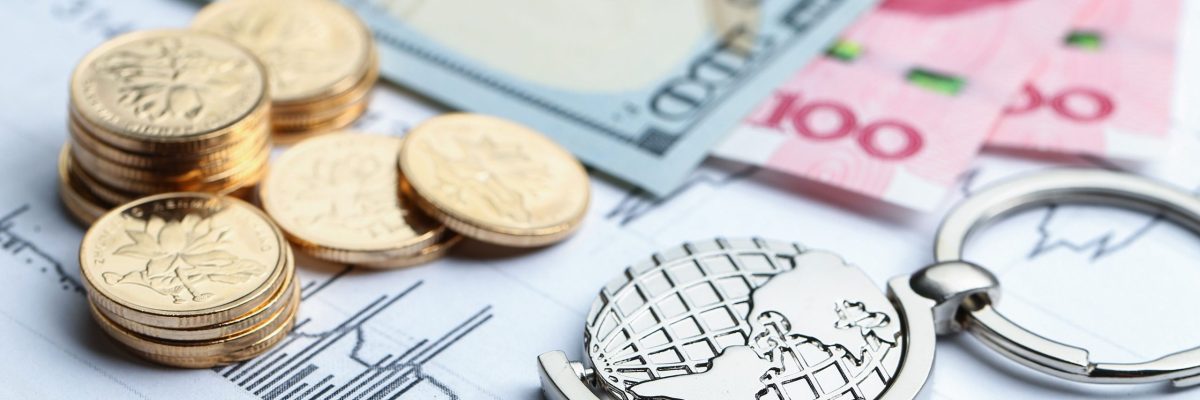Day trading has become increasingly popular among Australians, with many taking advantage of volatile financial markets to generate income. However, when it comes to taxation, day trading isn’t as straightforward as buying a share or two for the long term. Understanding how your trading activity is classified and taxed by the Australian Taxation Office (ATO) is crucial to ensure compliance and to minimise your tax liability.
This guide explores everything you need to know about day trading and tax in Australia, helping you comply with the ATO.
What is Day Trading?
Day trading involves buying and selling financial instruments such as stocks, forex, or cryptocurrency within the same trading day. The goal is to profit from short-term price movements. Unlike traditional investors who hold assets for long-term gains, day traders engage in high-frequency trading, often buying and selling hundreds of stocks on the same day.
Are You a Trader or an Investor?
The ATO makes a clear distinction between traders and investors, and this classification determines how your trading activity is taxed.
Investor
- Trades occasionally with the intention of building long-term wealth.
- Profits are generally subject to capital gains tax (CGT).
- You may be eligible for the 50% CGT discount if you hold assets for more than 12 months.
- Investors can operate in their own name, in a partnership, as a company, as a trust and through a super fund.
Trader
- Trades frequently and systematically to earn income as a business.
- Traders generally do not have any other job.
- Profits are considered ordinary income and taxed at your marginal tax rate (if operating as a sole trader).
- Expenses related to trading are fully deductible.
- Traders can also operate in their own name, and potentially through a partnership, as a company and as a trust. Traders are generally not allowed to operate through a super fund.
To determine whether you are a trader or an investor, the ATO considers factors such as:
- The volume and frequency of your trades (the higher the volume, the more likely a trader).
- The intention behind your trades (short term profit intention, more likely a trader).
- Whether you use a business structure for your trading activities (if use a business structure, then potentially more likely a trader).
- The level of sophistication and effort involved in your trading (more sophisticated, more likely a trader).
Contact your business accountant Melbourne to help you determine whether you are a trader or investor.
Tax Implications for Day Traders
If the ATO classifies you as a trader, your trading activity is treated as a business, and the tax implications differ significantly from those of investors. (Don’t hesitate to contact your business accountant Melbourne to explain the difference).
- Income Tax
- Your trading profits are taxed as ordinary income, not capital gains. This means that the 50% CGT discount is not available.
- Losses from trading can offset other income, such as wages or business income.
- Your tax rate depends on whether you operate as an individual, company or trust.
- Deductions
Day traders can claim deductions for expenses directly related to their trading business. Common deductible expenses include:
- Internet and electricity costs.
- Trading platform fees.
- Data subscriptions.
- Interest on loans used for trading.
- Depreciation of office equipment.
- Goods and Services Tax (GST)
Generally, GST does not apply to day trading activities.
Tax Implications for Investors
If you are classified as an investor:
- Profits from the sale of shares or assets are subject to capital gains tax (CGT).
- You may be eligible for the 50% CGT discount if you hold the asset for more than 12 months.
- Losses can only be offset against other capital gains and not against ordinary income.
- Your tax rate depends on whether you operate as an individual, company or trust. Your accountant Melbourne can explain the different tax rates.
How to Report Day Trading Income and Expenses
1. Maintain Detailed Records The ATO requires day traders to keep accurate records of:
- Each trade (date, price, and quantity).
- Expenses related to trading activity.
- Bank statements and receipts.
2. Use Trading Software Consider using trading software or spreadsheets to track your performance and calculate your income efficiently.
3. Declare Income in Your Tax Return Report your trading income and expenses in the Business and Professional Items Schedule of your tax return if you are classified as a trader.
Do You Need an ABN for Day Trading?
If the ATO considers your trading a business, you may need to apply for an Australian Business Number (ABN). Please contact your accountant Melbourne to advise whether you need to apply for an ABN.
Special Considerations for Cryptocurrency Day Traders
Cryptocurrency trading is subject to the same principles as other financial instruments:
- Traders: Cryptocurrency profits are treated as ordinary income, and related expenses are deductible.
- Investors: Cryptocurrency profits are subject to CGT rules.
Tips for Managing Day Trading Taxes
- Seek Professional Advice Consult your business accountant Melbourne or tax advisor experienced in trading to ensure compliance and minimise your tax liability.
2. Separate Personal and Trading Finances Use a dedicated bank account for trading activities to simplify record-keeping and avoid mixing personal and business transactions.
3. Plan for Tax Liabilities Set aside a portion of your profits to cover tax liabilities, as trading income can significantly impact your taxable income.
Whether you’re classified as a trader or an investor, understanding your tax obligations and keeping detailed records is essential to staying compliant with the ATO.
If you’re unsure about your trading status or need assistance with your tax return, reach out to your accountant Melbourne. At Nobel Thomas, we specialise in helping traders and investors manage their tax obligations. Contact us today for expert advice tailored to your needs.


